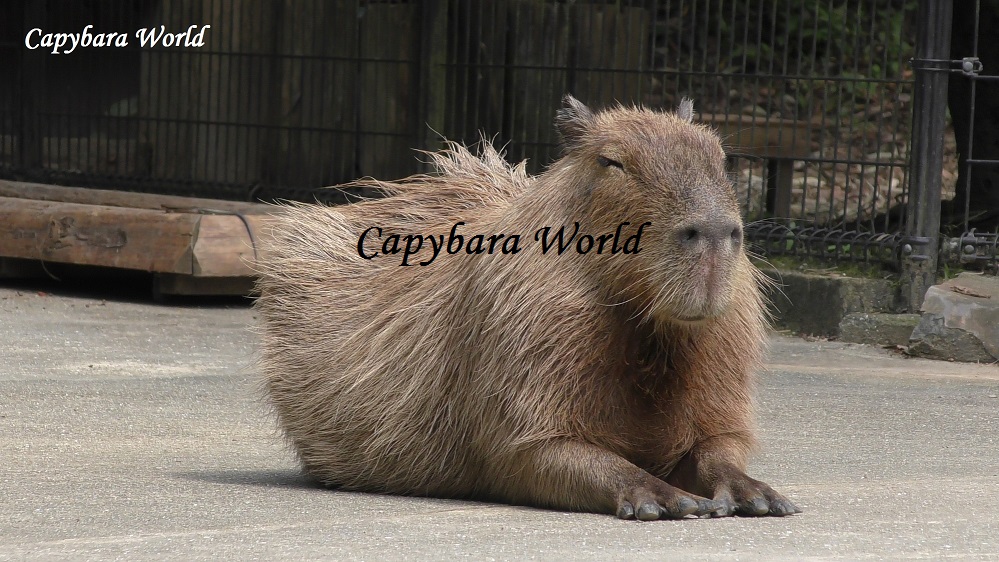Are you curious about whether or not capybaras can be kept as pets? With their adorable appearance and friendliness, capybaras have captured the interest of many animal lovers. In this article, we will explore the legalities surrounding owning these fascinating creatures as pets. Delving into the laws and regulations, we will provide you with all the information you need to know about the feasibility of having a capybara as your furry companion.
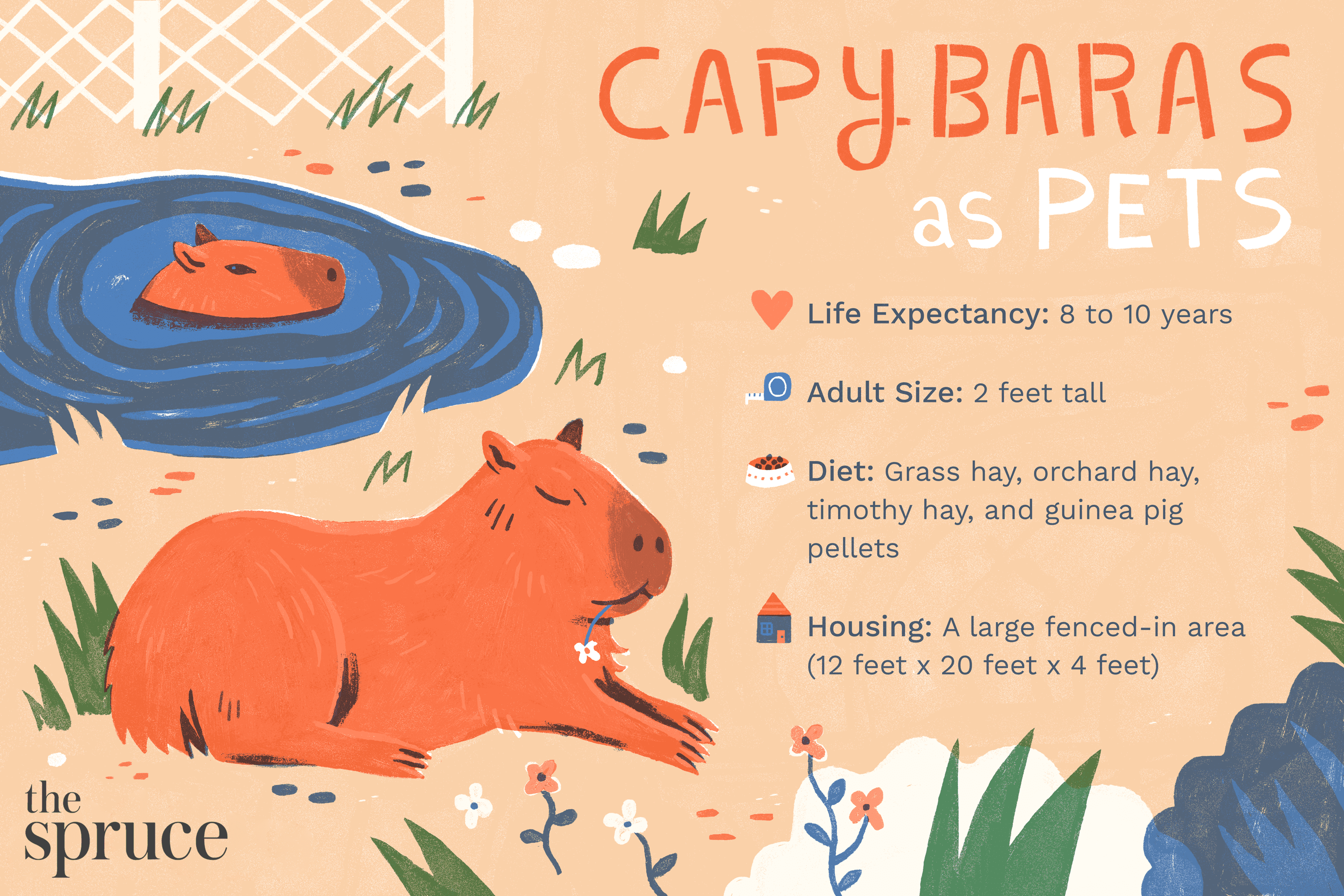
Ownership Laws
Owning a pet comes with a great deal of responsibility, and it’s important to understand the laws and regulations surrounding pet ownership, especially when it comes to more unusual pets like capybaras. In the United States, ownership laws vary at the federal, state, and even local levels. Let’s explore the different laws and regulations that could impact your ability to own a capybara as a pet.
Federal Laws
At the federal level, there are several regulations in place that can affect the ownership of capybaras. These include regulations set by the United States Department of Agriculture (USDA), the Fish and Wildlife Service (FWS), and the Lacey Act. These regulations are aimed at protecting both the welfare of the animals and the safety of the public.
USDA Regulations
The USDA regulates animals that may be considered exotic or dangerous, including capybaras. Under the Animal Welfare Act, anyone who owns or exhibits such animals must be licensed by the USDA. This license ensures that the owner meets certain standards of care and housing for the animal.
Fish and Wildlife Regulations
The FWS regulates the import, export, and possession of certain species of wildlife, including capybaras. These regulations aim to prevent the illegal trafficking of endangered or threatened species and to protect the ecosystems where these animals belong.
Lacey Act Regulations
The Lacey Act is a federal law that prohibits the interstate transport or sale of wildlife, fish, and plants that have been illegally captured, possessed, or sold. This law helps prevent the spread of invasive species and protects native wildlife populations.
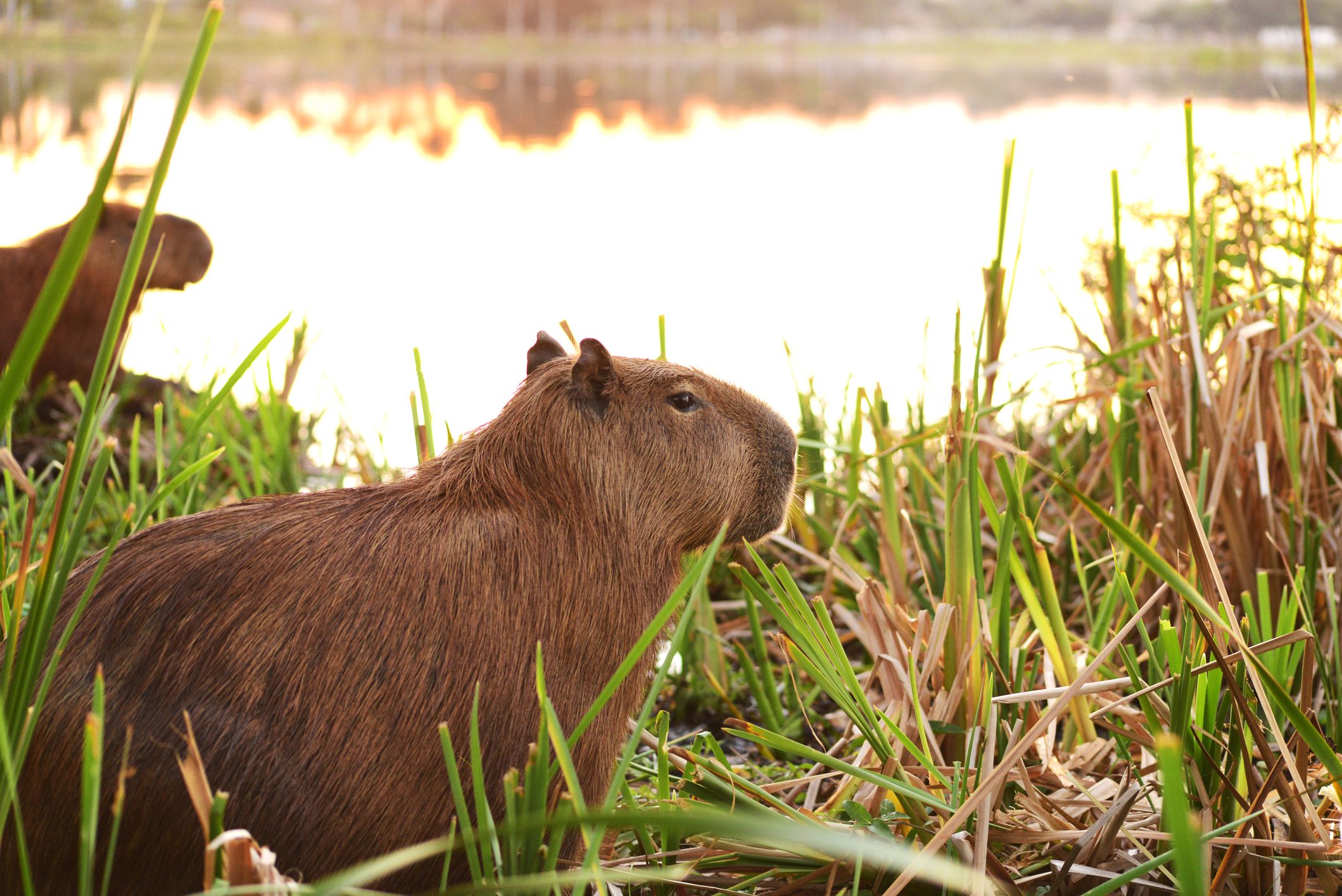
State Laws
While federal laws provide a baseline for the ownership of capybaras, each state has its own set of regulations that can further restrict or permit ownership. It’s crucial to familiarize yourself with the laws specific to your state before considering bringing a capybara into your home.
States Allowing Capybara Ownership
Some states have relatively lenient laws when it comes to capybara ownership and allow them to be kept as pets without the need for a special permit. These states recognize that capybaras can be well-suited to certain environments and responsible owners.
States Requiring Permits
Other states may require individuals to obtain a permit or license in order to own a capybara. These permits typically involve demonstrating knowledge of capybara care, housing, and in some cases, passing an inspection of the living conditions. It’s important to understand the specific requirements and restrictions set forth by your state if you’re considering owning a capybara.
States Banning Capybara Ownership
Unfortunately, some states have banned the ownership of capybaras altogether. These states have determined that capybaras pose a risk to public safety, may harm native wildlife populations, or have specific environmental concerns that make them unsuited for domestic environments. Before pursuing ownership, make sure to thoroughly research the laws in your state to avoid any legal issues and ensure the well-being of the animal.
Local Laws
In addition to federal and state laws, local municipalities and counties may have their own regulations regarding capybara ownership. These regulations can include zoning restrictions, housing and enclosure requirements, and sometimes even specific bans or permits.
Counties and Municipalities with Specific Regulations
Some counties and municipalities have enacted specific regulations that apply to capybara ownership. These regulations can vary greatly, so it’s important to check with your local government or animal control department to ensure compliance with all local laws.
Zoning Restrictions
Zoning laws dictate where certain types of animals can be kept within a given area. These laws may restrict the ownership of capybaras to rural or agricultural zones, as they require larger enclosures and specific living conditions. Before bringing a capybara into your home, make sure you are in compliance with the zoning regulations of your area.
Housing and Enclosure Requirements
Since capybaras are large, semi-aquatic animals, they require a specific type of housing and enclosure to thrive. Local laws may outline the minimum size and specifications for capybara enclosures, including access to water, grassy areas for grazing, and appropriate shelter. It’s essential to ensure that your housing setup meets all local requirements to provide a suitable environment for your capybara.
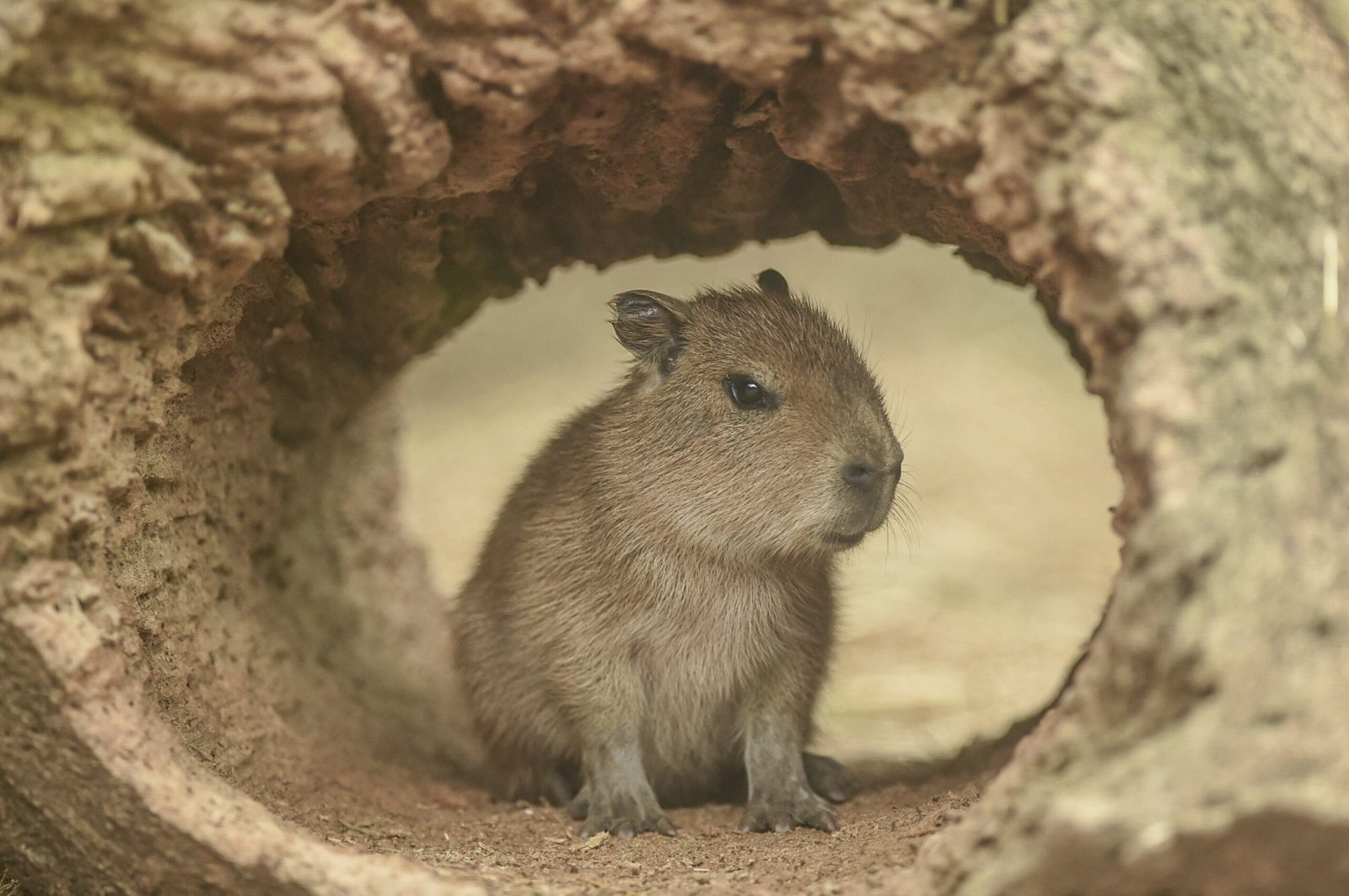
The Process of Obtaining a Legal Capybara
Now that we’ve explored the laws and regulations surrounding capybara ownership, let’s discuss the process of obtaining a legal capybara as a pet. It’s important to follow all the necessary steps to ensure both the legality and well-being of your future pet.
Researching Laws and Regulations
The first step in the process is to thoroughly research the federal, state, and local laws and regulations that apply to capybara ownership in your area. Take the time to understand the specific requirements, permits, or licenses needed to legally own a capybara.
Obtaining Permits and Licenses
If your state requires a permit or license to own a capybara, you will need to follow the necessary steps to obtain one. This may involve filling out applications, providing documentation, and potentially passing inspections.
Meeting Housing and Care Requirements
Once you have ensured that you are legally able to own a capybara, you must then focus on meeting the housing and care requirements outlined by federal, state, and local laws. This includes providing a suitable enclosure, access to water, appropriate diet, and proper veterinary care. It’s crucial to have a thorough understanding of capybara behavior and needs to ensure their physical and mental well-being.
Challenges of Owning a Capybara as a Pet
While capybaras may be intriguing and unique pets, it’s important to consider the challenges that come with owning them. Understanding and preparing for these challenges will help ensure a positive and responsible ownership experience.
Space and Housing Challenges
Capybaras are the largest rodents in the world and require a significant amount of space to roam and graze. Providing a suitable outdoor enclosure that mimics their natural habitat can be a challenge for many pet owners, especially those with limited space. Additionally, their semi-aquatic nature means they need access to water, which can present additional challenges in terms of maintenance and safety.
Socialization and Enrichment Needs
Capybaras are highly social animals and thrive in groups. Providing adequate socialization and enrichment for a single capybara can be challenging, as they may develop behavioral issues or become isolated. It’s important to consider whether you can provide companionship and social interaction for your capybara, either through owning multiple capybaras or by providing appropriate substitute socialization.
Health and Veterinary Care
Capybaras, like any pet, require regular veterinary care to ensure their health and well-being. However, finding veterinarians experienced in treating capybaras can be challenging, as they are still considered an exotic pet in many areas. It’s crucial to locate a knowledgeable veterinarian before acquiring a capybara to ensure you can provide the necessary medical care.
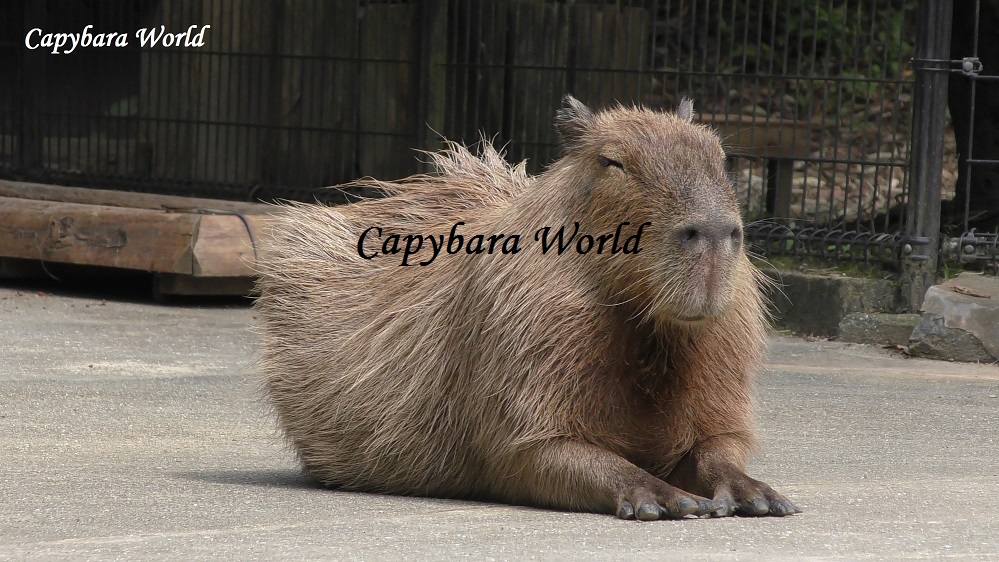
Capybara-Specific Considerations
Capybaras have specific traits and care requirements that potential owners should be aware of. Understanding these considerations can help you determine if a capybara is the right pet for you and if you are capable of meeting their unique needs.
Diet and Feeding Requirements
Capybaras are herbivores and have specific dietary needs that must be met to keep them healthy. Their diet primarily consists of grasses, hay, and fresh vegetables. Ensuring they have a balanced and appropriate diet requires planning and access to suitable food sources.
Behavioral Traits and Training
Capybaras have distinct behaviors and natural instincts that can impact their suitability as pets. They are generally docile and friendly but can become territorial or exhibit destructive behaviors if not properly trained and socialized. Understanding their behavioral traits and providing appropriate training from a young age is crucial for a harmonious coexistence.
Lifespan and General Care
Potential capybara owners must also consider the lifespan and general care required for these animals. Capybaras can live up to 12 years or longer in captivity, meaning they require a long-term commitment. They also have specific grooming needs, including regular nail trimming and dental care. Additionally, their semi-aquatic nature requires access to water for swimming and proper hygiene.
Capybara Alternatives as Pets
If the challenges and considerations of owning a capybara seem overwhelming or if capybara ownership is not legal in your area, there are alternative pet options that share some traits with capybaras.
Similar Exotic Pets
If you’re interested in owning an exotic pet with similar traits to a capybara, you may want to consider animals such as degus or chinchillas. These small rodents share the capybara’s social nature and require similar socialization and care.
Domesticated Pets with Similar Traits
For those looking for a larger, social pet without the legal or care challenges of a capybara, dogs or pigs may be suitable alternatives. These domesticated animals have the ability to form strong bonds with their owners and also require dedicated care and social interaction.
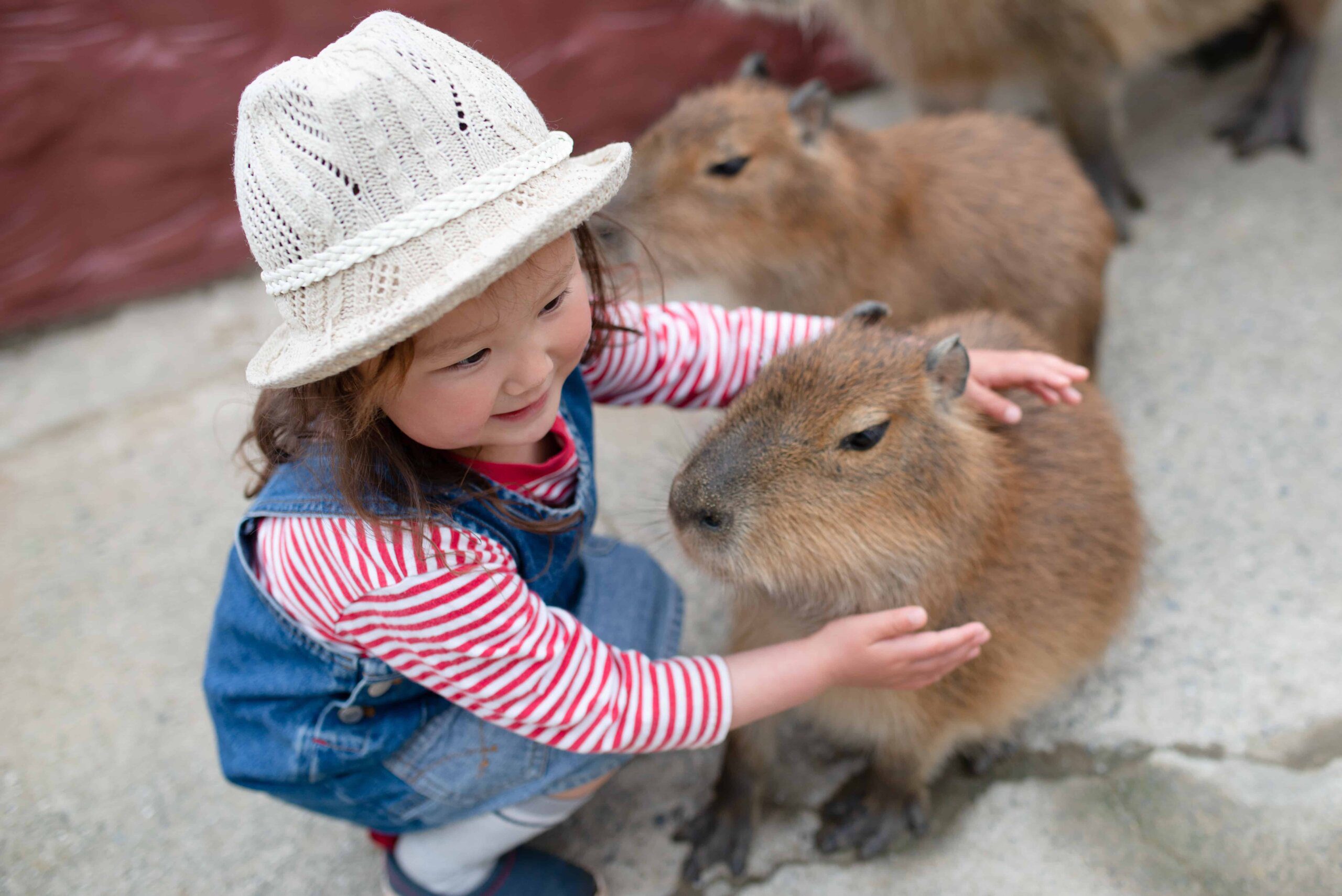
Conclusion
Owning a pet, especially a unique and exotic one like a capybara, requires knowledge, responsibility, and a commitment to meeting both legal requirements and the specific needs of the animal. While legal ownership of capybaras can vary at the federal, state, and local levels, it’s crucial to prioritize responsible ownership to ensure the well-being of the animal and the safety of the community. Consider all the challenges, regulations, and needs of capybara ownership before making the decision to bring one into your home. Capybaras can be fascinating pets, but only if they are cared for responsibly and provided with the necessary space, socialization, and care that they require.

